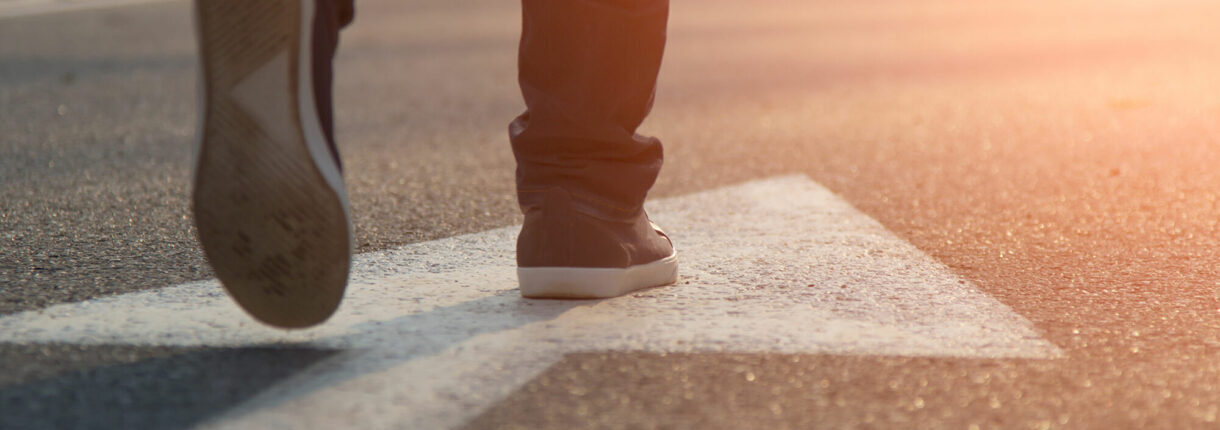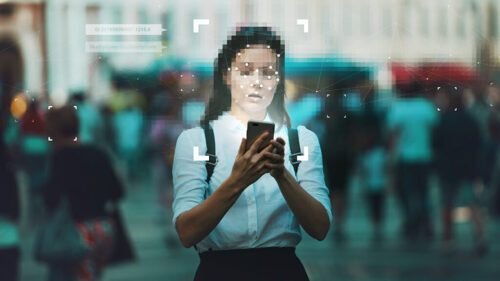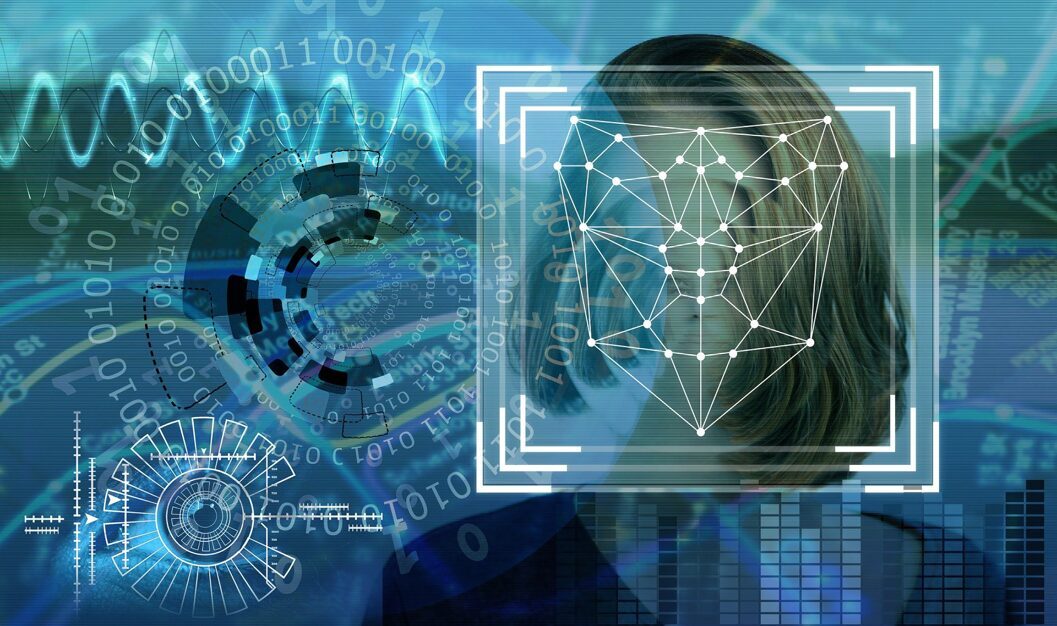
AI technology and art at the rC3
The #rc3 annual congress of the Chaos Computer Club in 2020 took place exclusively online due to the pandemic. Unfortunately, I never managed to attend in person before, because the ticket quotas evaporated very quickly, so it was even cooler to be able to follow the discussions and lectures online this time.
For all those who are still interested in the topics, here is the link to the recordings. From my perspective, I recommend the following exciting presentations:
- Wie man in einem Raumschiff überlebt
- Hacking deutscher Wahlen
- About mutated viruses, deadly vaccinations and the daily madness in the emergency room

Paolo Cirio
In this respect, the online congress offered a nice opportunity for participation and a lot of entertainment. My personal highlight, apart from the reading by #marcuwekling from his current book #qualityland2.0, was the lecture by the Italian artist Paolo Cirio. Cirio gave a lecture (unfortunately not recorded) on the topic of facial recognition and presented his current (art?) project. In October 2020, he collected images of about 1000 French police officers from press photos taken during French Corona protests and sent them through freely available image recognition software. He was able to identify the police officers and assign names and addresses to them. He made these freely available in a public database and posted pictures of the police officers in Paris.
Art must provoke and lead to discussion. He has easily achieved this goal; he is concerned with the fundamental ban of facial recognition technologies used by the police in Europe. With his project, he has reversed the police activities that have become standard for every demonstration. Facial recognition is an element of police work and is used to identify people at any location, regardless of whether the people identified are relevant to the investigation or otherwise. Every participant in a demonstration must assume that he or she will be recorded or photographed.
Current surveillance technologies
If you want to know which technologies are used, you can attend another rC3 lecture: "How to Identify Police Surveillance at Protests and Large Gatherings", which deals with the hardware used. With the help of current facial recognition tools and attached databases, almost every person can be identified. The extent to which this is permissible and what is done with the data later is difficult to judge and varies from country to country or is not regulated.
But it is also clear that the technical possibilities have been brought to the mass market by companies like ClearView AI and pimeyes.com and are here to stay. ML-based algorithms support the evaluation or make it possible. Whether their use is socially desirable remains a matter of debate. Clear legal regulations are not in place to the necessary extent, not to mention transparency of use.

The artist points out
Cirio's point was to show how quickly and easily existing technologies can be used or better misused. For me, this is another example of how any technology, especially AI-based technology, can be used for a good purpose but also misused.
However, I don't think his goal of banning facial recognition in principle is feasible. After all, technology that has found its way into everyday use can no longer be banned. The only possibility is legal regulation and transparency of use in order to create sufficient accountability.
The debate on how to deal with new technologies, be it facial recognition or others, must be conducted and, above all, regulated in order to create sensible framework conditions. Thanks to the Chaos Computer Club, which has managed to focus on exciting topics in a lovingly chaotic way.
...in the end
And before it gets forgotten or becomes obsolete, a happy and hopefully much more relaxed New Year to all readers, where we can hopefully travel and hug our loved ones again. Stay healthy, everyone!
